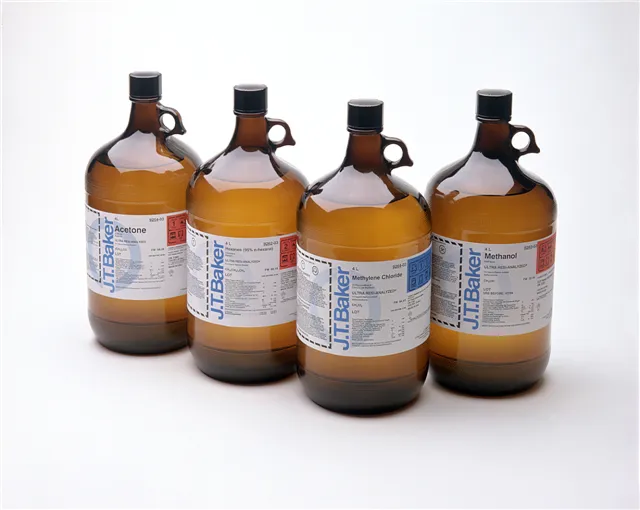Acetone is a common household cleaner that is often used to clean glass, plastic, and metal surfaces. It is also commonly used in the manufacturing industry for degreasing and cleaning. However, is acetone really a cleaner? This article will explore the pros and cons of using acetone as a cleaning agent.
Pros of using acetone as a cleaner:
1. Acetone has strong solvent properties that can effectively dissolve grease, oil, and other contaminants. This makes it an effective degreaser and surface cleaner.
2. Acetone is highly volatile and evaporates quickly, which means it does not leave behind any residue on the surface being cleaned.
3. Acetone is a common ingredient in many commercial cleaning products, which means it is easy to find and purchase.
Cons of using acetone as a cleaner:
1. Acetone is highly flammable and explosive, which means it must be used with caution and in well-ventilated areas.
2. Acetone can be irritating to the skin and eyes, and long-term exposure can cause health problems such as irritation, dermatitis, and respiratory issues.
3. Acetone is a volatile organic compound (VOC), which can contribute to air pollution and indoor air quality problems.
4. Acetone is not biodegradable and can persist in the environment for a long time, posing a threat to aquatic organisms and ecosystems.
In conclusion, acetone can be an effective cleaner for degreasing and surface cleaning, but it also has some potential health and environmental risks. Therefore, when using acetone as a cleaning agent, it is important to follow safety guidelines and use it in well-ventilated areas. If possible, it is recommended to use alternative cleaning methods that are safer for the environment and human health.
Post time: Dec-15-2023





